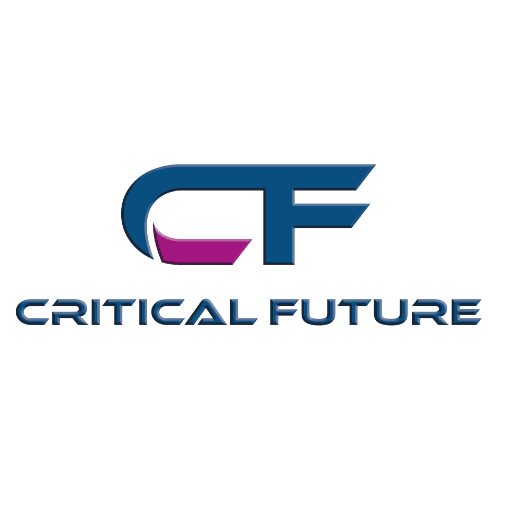AI Trends 2025: Shaping the Future of Industries and Daily Life
- March 13, 2025
- Posted by: Mai - CF Brand Ambassador
- Category: Daily Blogs
“`html
AI Trends 2025: Shaping the Future of Industries and Daily Life
In the rapidly evolving landscape of artificial intelligence (AI), 2025 stands out as a pivotal year, marking substantial advancements and shifts across various sectors. AI is no longer just a futuristic concept; it has become an integral part of daily life and major industries, revolutionizing the way we work, learn, and interact. From autonomous systems to new intelligent agents, the trends shaping AI in 2025 are not only enhancing efficiency but also pushing the boundaries of what’s possible.
Unpacking the Key Drivers Behind 2025’s AI Evolution
The technological drivers propelling AI forward in 2025 are multifaceted, involving improvements in computational power, algorithmic innovations, and expansive datasets. Quantum computing is beginning to make its mark, providing unprecedented processing capabilities that enable complex AI models to perform beyond previous limitations. At the same time, advancements in neural network architectures, including the development of transformer models tailored for industry-specific applications, are enhancing the scalability and accuracy of AI systems.
Moreover, the integration of AI with the Internet of Things (IoT) has led to the creation of smarter, contextually aware systems that can process and analyze real-time data. This trend is evident in sectors such as healthcare, where AI-driven diagnostics are becoming faster and more reliable, and in urban planning, where AI is used to optimize traffic flow and energy consumption.
Breakthrough Events Shaping AI in 2025
One of the landmark events in AI this year involves the unveiling of Meta’s massive datasets and models, which are expected to accelerate material discovery processes using AI. This breakthrough underscores the role of AI not only as a problem-solving tool but as an enabler of scientific discovery. In another significant development, a consortium of AI researchers has introduced a decentralized AI platform, democratizing access to AI resources and thereby encouraging innovation among small enterprises and individual developers.
Industry-Specific Applications: How AI is Being Implemented
The transformative impact of AI is evident across various industries. In the financial sector, AI algorithms are enhancing fraud detection and enabling hyper-personalized customer experience through granular data analysis. In agriculture, AI-driven systems are optimizing crop yields through precision farming techniques, which utilize data from sensors to recommend planting times and pest control measures. Even in the creative arts, AI is assisting artists by generating novel art pieces and music compositions, expanding creative possibilities.
Future Implications: The Broader Impact of AI Advancement
“AI is reshaping our interaction with technology, turning it from a tool into a collaborator,” says Dr. Emily Zhang, an AI ethics researcher.
As AI continues to penetrate various aspects of daily life, it prompts a reevaluation of human-computer interaction paradigms. The growing autonomy of AI systems raises questions about accountability, privacy, and the ethical implications of machine decision-making. Industries will need to address these challenges through robust governance frameworks and ethical guidelines that ensure AI is used responsibly and inclusively.
What This Means For Our Future
With AI becoming increasingly embedded in societal infrastructure, the potential for positive change is vast, yet so are the risks. As we look toward the future, a critical question arises: How do we balance innovation with ethical considerations in an AI-driven world? The answer will shape not only the technological landscape but also the social fabric of future generations.
“`
